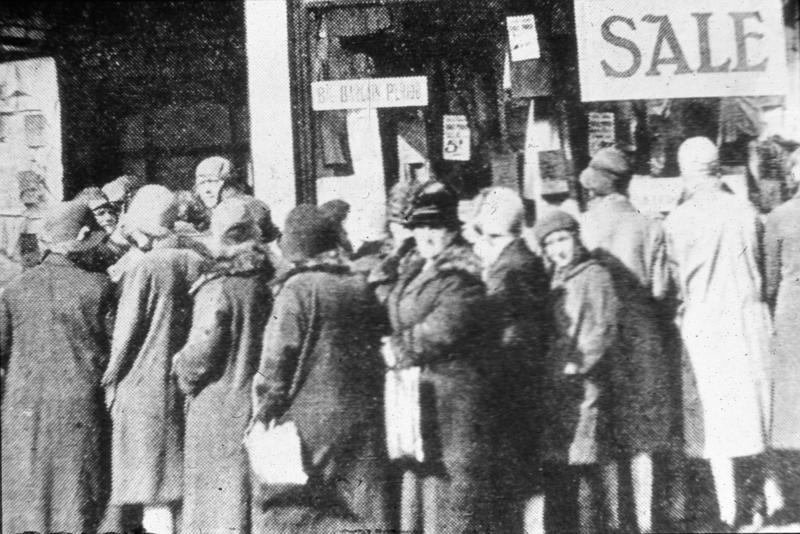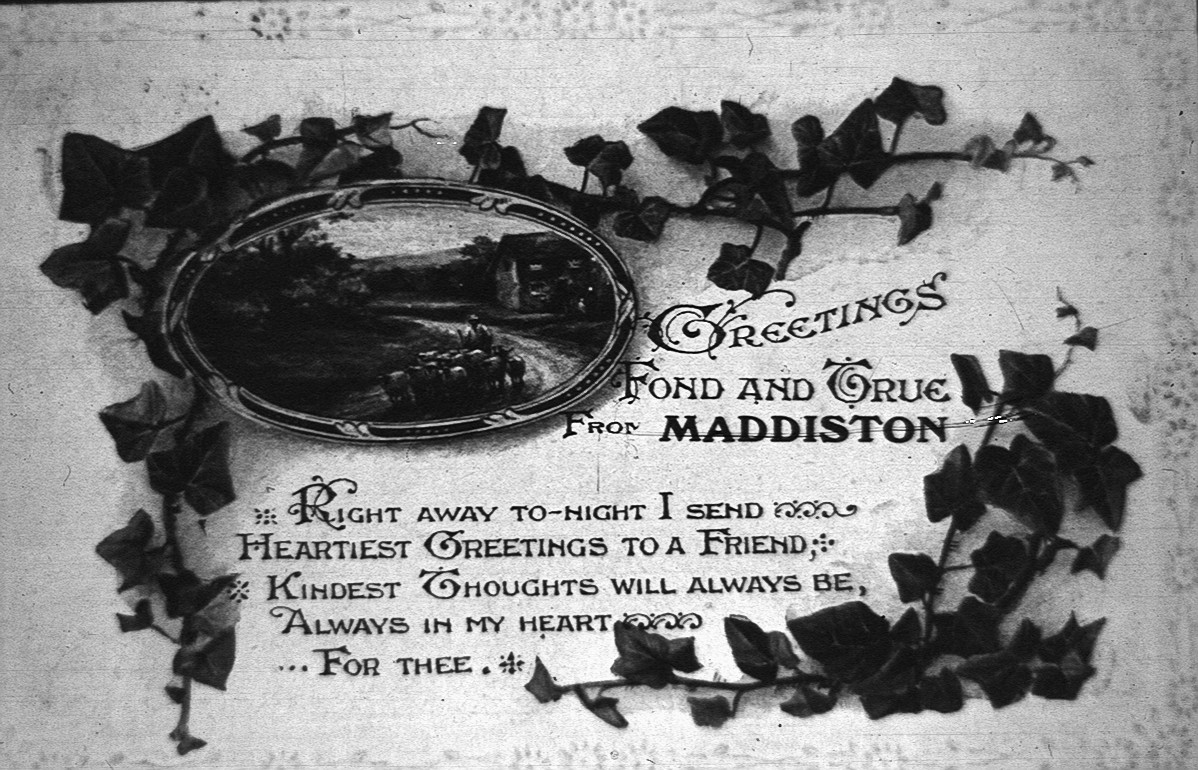Learn about the history of Smith of Maddiston and their haulage empire.
The Beginning of the Smith Empire
Smith’s first garage was a corrugated steel sheeting structure, built over the entrance to the "Haugh," and was only big enough to hold one lorry. It was later expanded to hold two, and it’s hard to believe that the whole Smith empire started here, in 1931, when James and Alexander persuaded their father to enter coal haulage and purchased a second hand lorry (Commercial Motor Archive). Father and sons worked the lorry continuously, in shifts, until they were able to purchase another two used vehicles. Soon they won a contract with a foundry in Falkirk to deliver gas cookers to Aberdeen and back. They obtained loads of fish from the local markets for delivery to Glasgow, and James Smith (Jnr) was soon considering the possibility of trunk services.
The 1940s
It was in 1946 that Smith began constructing their headquarters at Manualrigg, having just taken over two other haulage companies, Smith of Avonbridge and Keir of Camelon, and adding another eight vehicles to their fleet (Commercial Motor Archive). The opening of the British Aluminium Company’s new rolling mills at Falkirk gave the company a great boost, when they successfully tendered for the contract for the haulage of processed aluminium on a large scale. This involved deliveries all over the country, and several new and used vehicles were added to the fleet at this time.
The 1950s
By 1953 there was accommodation for 28 vehicles with a repair shop, traffic office, loading bays and storage space, the whole covering 15,000 square feet. An adjoining two and a half-acre site had been acquired for further expansion. In the same year, the company purchased the coach building firm of Campbell Bros. Whitburn, here they had a sawmill, woodworking machinery, a sheet metal department and paint shops which could build eight complete vehicle bodies per week. They began building vehicle bodies to their own design. So much traffic was going to England in 1954 that they decided to establish a branch depot in Lancashire, and premises were acquired adjoining an hotel at Bryn, near Wigan. This depot had room for 12 vehicles. Similar facilities were soon purchased in London. Much of the goods handled were still for the British Aluminium Company, but a large volume of general traffic included return loads collected from all parts of the South Coast for delivery to the Midlands and Scotland (Commercial Motor Archive).
J.& A. SMITH OF MADDISTON Ltd
In June 1954, the business was converted to a limited liability company and was registered as J. & A. Smith of Maddiston Ltd, with a capital of £40,000. In October of the same year the old Welfare building was purchased and converted into an administration block with a large boardroom, waiting room, general office, wages department, typists’ pool room, managers office and telephone exchange. The office staff amounted to 18 at this time with an additional 10 employed in the traffic office, within the garage building. It was around this time that the maintenance shops were built, which allowed for complete servicing and overhaul of the vehicles at Maddiston. The fleet was comprised mainly of Leyland and A.E.C multi-wheelers with some Albions, Bedfords, and Thames, which were used for light traffic, both local and long-distance. They operated nightly trunk services to the South, with general goods from Glasgow, Edinburgh, and Falkirk. These were augmented by daily services to London and the Midlands, and there was a regular run with contract vehicles from the Bauxite works at Fort William and Kinlochleven. Another substantial customer was the Alloa Glass Work Co. Ltd., whose work they took on after the liquidation of London Scottish Transport. Smith’s acquired the London Scottish depot at Alloa with 30 to 40 of their vehicles.
SMITH STORAGE Co.Ltd.
In the late 1950s the haulage and warehousing sides of the business separated. Smith’s could offer storage facilities, a facility with 1 million cubic feet at Camelon, where a redundant factory was converted in 1955. They developed a special building there for the storage of aluminium which had to be stored at a minimum temperature of 32 degrees. There was also 1 million cubic feet of storage at Paisley, 500,000 cubic feet at Port Glasgow, 200,000 cubic feet at Greenock, and 300,000 cubic feet at Glasgow, plus another 10,000 cubic feet out in the open. Open storage was also available at most of the warehouses and depots. In 1968 the Smiths sold out to United Transport, which was taken over by British Electric Traction, which was in turn bought out by Rentokil.
By David Leask of David Leask’s Maddiston Pages
With further research conducted by Rowan Berry for Falkirk Community Trust Great Place Scheme.

